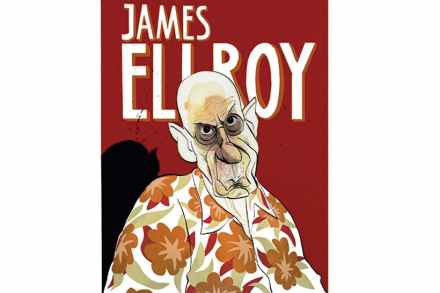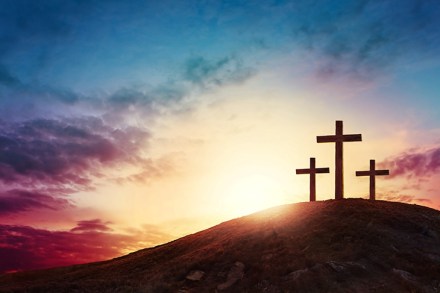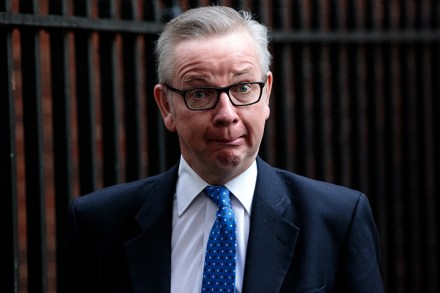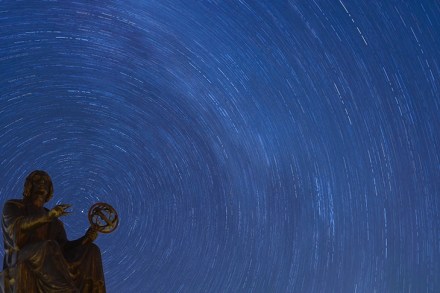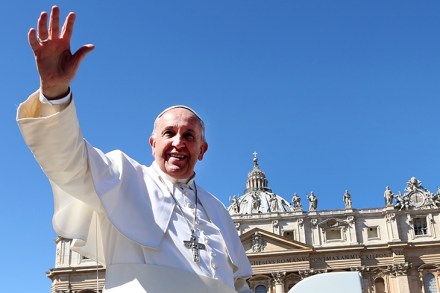Why I joined the Jehovah’s Witnesses
The toad who lives at the bottom of the garden in the pile of bricks beneath the potting table was very happy with his new plunge pool. I made it on a particularly slow afternoon when I had run out of ideas for things to do. It was either make a toad Jacuzzi or darn socks, so naturally Mr Toad lucked out. Before that, I tidied the cellar, going through all the laundry bags full of horse tackle. I sorted and bagged rugs, cleaned and polished bridles, reorganised my ever-burgeoning collection of multicoloured lead ropes, overreach boots and numnahs, and even sorted out all the saddle soaps and boot polishes.






